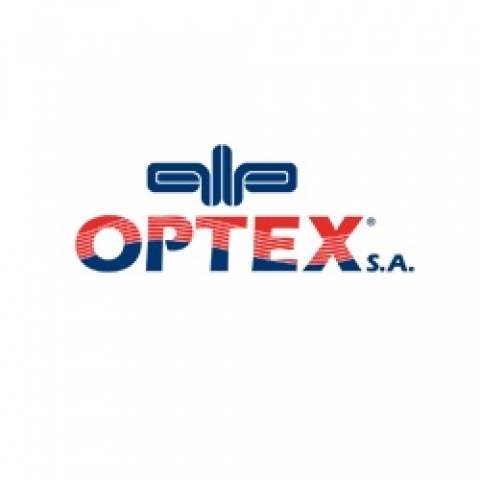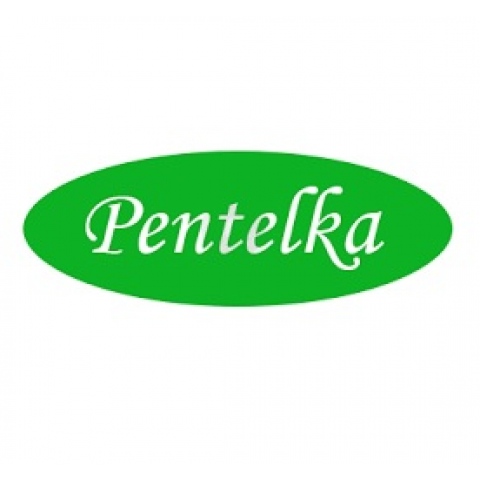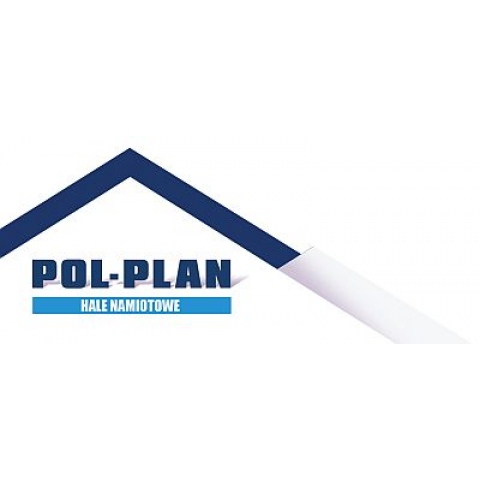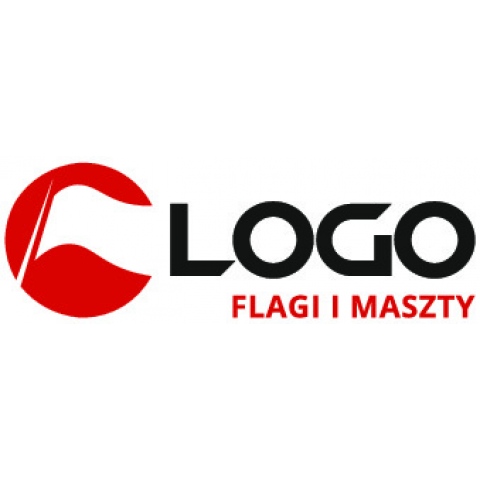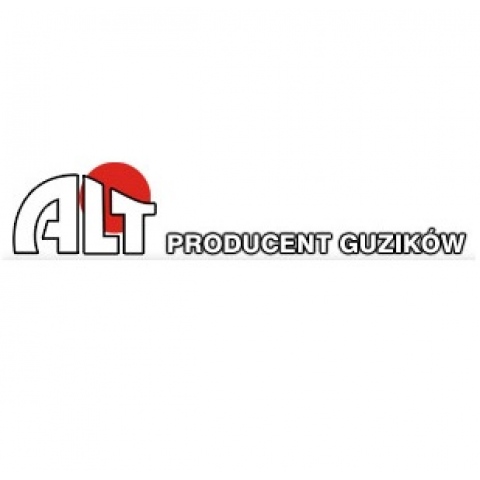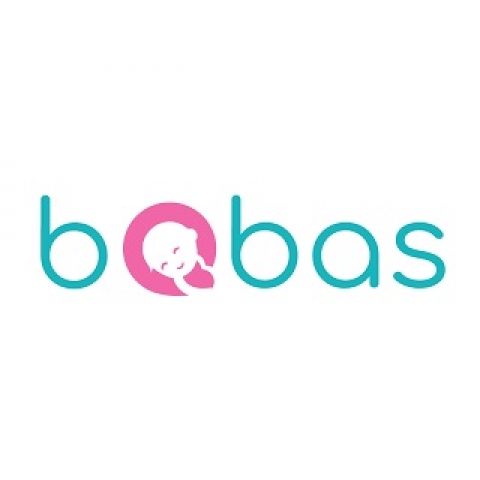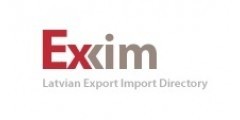Selected categories:
- Textile, fabrics, textile products
Textile, fabrics, textile products
Did you know that:
The market for knitwear and textile products in Poland is an important sector of the economy, playing a significant role in the textile industry. Poland, with its long textile tradition, has been one of the key players in this field for years, both in the domestic and international markets. The transformations that have taken place over recent decades have led to a shift from artisanal production to modern industrial facilities with advanced technology.
Knitwear Production in Poland
Knitwear production in Poland is one of the key segments of the textile industry. Knitted fabrics, including wool, cotton, and synthetic materials, are in high demand both domestically and abroad. Polish textile companies specialize in the production of a wide range of knitwear used in clothing, underwear, as well as sports and technical apparel. The high quality of materials and the use of innovative technologies make Polish knitwear competitive on international markets, including Europe and Asia.
Textile Products
In addition to knitwear, Poland's production encompasses a wide range of textile products, such as fabrics, clothing, footwear, home textiles, and technical materials. The Polish textile industry also has rich experience in producing specialized products used in various sectors, including the automotive and medical industries. The growing demand for technical and functional fabrics, such as those used in protective clothing, medical textiles, and sportswear, is becoming one of the most important trends in the country.
Market Trends and Innovations
In recent years, the knitwear and textile production market in Poland has been changing due to emerging trends. The growing environmental awareness and increasing demands for sustainable development in the textile industry are prompting producers to invest in eco-friendly technologies, such as recycling materials, using natural raw materials, and optimizing production processes. The Polish textile sector is adapting to these trends, offering more products that meet ecological standards and pro-environmental certifications.
Moreover, the development of technologies such as automation of production processes, the implementation of digitalization, and the use of modern machines for weaving and knitting is allowing Polish producers to improve efficiency and competitiveness. The use of advanced materials, such as carbon fibers, Kevlar, and smart fabrics, is also becoming more common among Polish producers, especially in the context of sportswear, workwear, and medical textiles.
Challenges for the Market
Despite its dynamic development, the knitwear and textile production sector in Poland also faces a number of challenges. These include increasing competition from Asian countries, where textile production is often cheaper, which can make it difficult to maintain profitability in Polish factories. Another challenge is the rising cost of raw materials, which impacts product prices, as well as price pressure from growing competition in the international market.
Conclusion
The knitwear and textile products market in Poland remains a dynamic and growing sector that plays an important role in the national economy. High product quality, innovative technologies, and increasing environmental awareness offer Polish producers the opportunity to remain competitive in the global market. At the same time, to meet the challenges, the industry must continuously invest in modern technologies, sustainable production, and adapt to changing market demands.

 pl
pl  en
en  de
de  es
es  fr
fr  it
it  pt
pt  ru
ru  sv
sv 






















